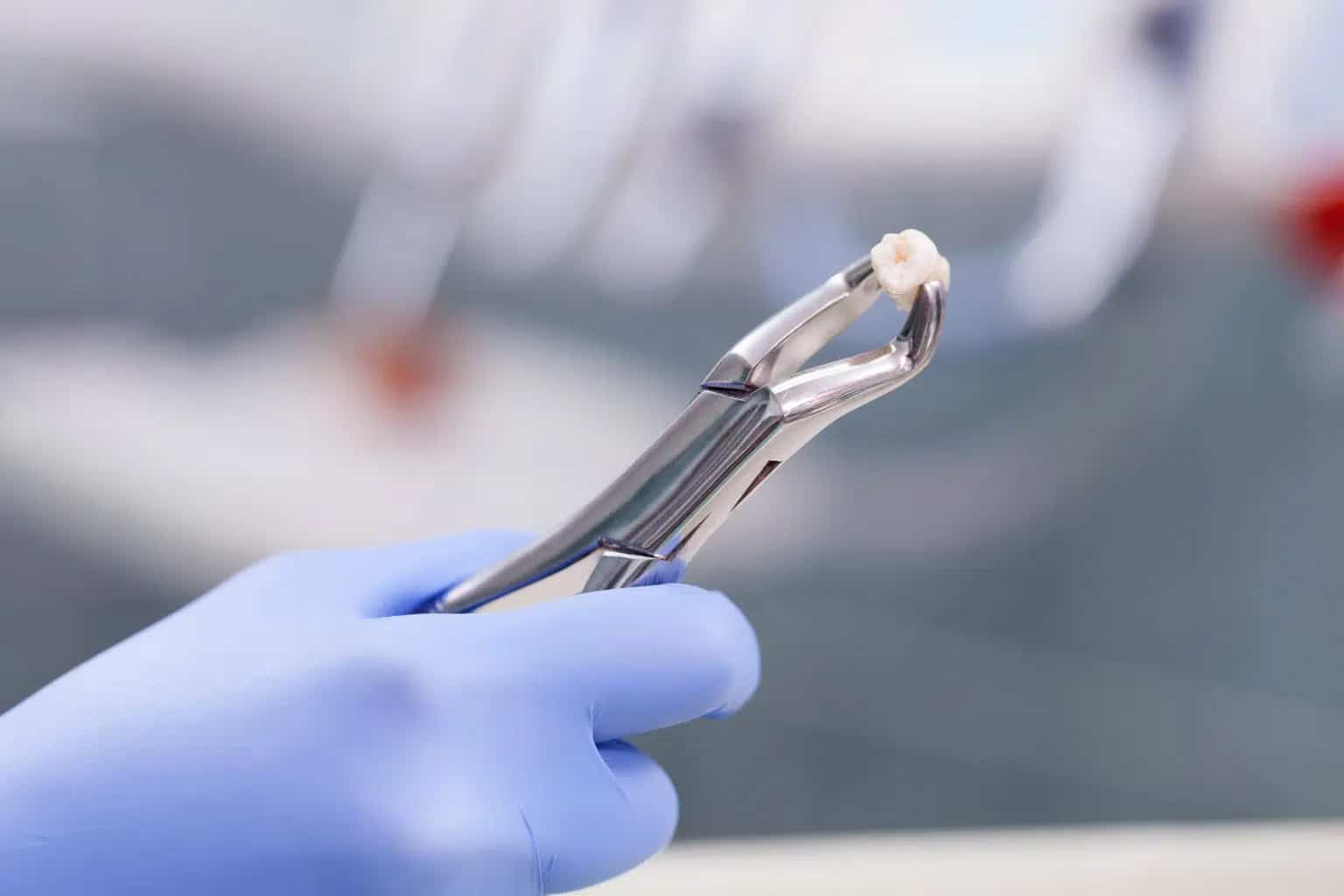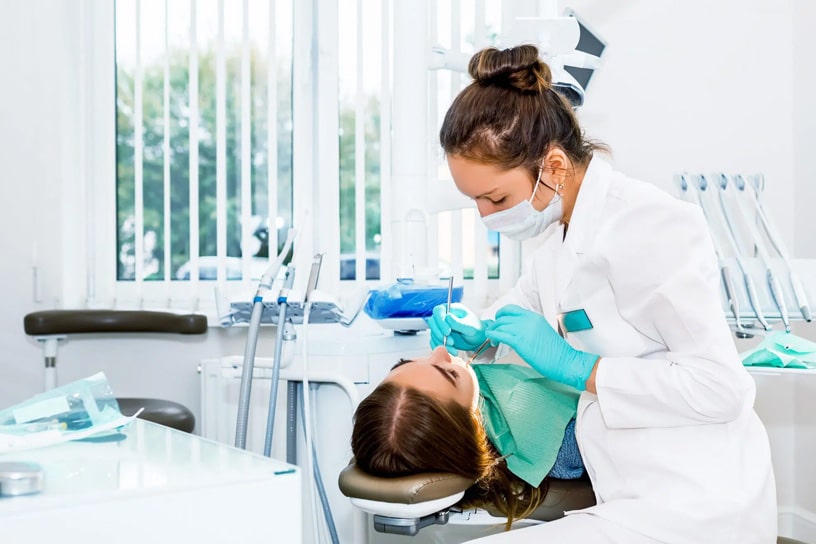Google Rating
4.7
Based on 141 reviews
Bay Street Dental Group - Invisalign & Emergency Dentist
4.7
Braxton Murphy
1731401959
Very friendly & knowledgeable staff, facilities are all clean and comfortable as well.
DP
1726295924
Bay Street Dental group is the Best dentist in all of Melbourne!The expertise and friendly service is fantastic and highly recommend. Any work big or small is executed seamlessly with no discomfort with the patients needs fully met and everything explained simply. With Abi manging the office and Dr Lauren an expert and superstar both looked after me and I trust them for all my dentistry needs.
Jen Bowers
1726208451
I rang from Sydney to try and book an emergency appt as my Sydney dentist said I needed to see someone asap! There were no vacancies but the delightful Maxine found a time for me and put me in! I was in considerable pain and Dr Newstadt explained all the options to me! I chose to have the tooth removed! I am a highly anxious dentist visitor and this was not an easy extraction but I truly felt no anxiety whatsoever!! The aftercare was very detailed and the follow up very caring!! All in all the service was awesome and I am tempted to fly down every 6 months for my check up lol I would recommend to anyone!!Jen
Alecia Malaeb
1725423969
I saw Dr Newstadt and was very pleased with the service. Honestly I was apprehensive seeing him because of negative reviews about him below. I am shocked because now I have seen him, he was great! He is to the point but never rude or uncaring.My children have also seen Dr Milton several times and he was excellent also.I highly recommend both Dr Newstadt and Dr Milton.The reception team are exceptional also, and really good with active children.
Clive Mullett
1724888788
Dr Nish was competent, polite, professional and explained what she was doing clearly. I felt that I was in good hands and could trust her with all that she did. The team was punctual and was ready when I arrived with the required forms.
Dave Wichmann Paula Fleming
1723459751
I am not a super fan of dentists, but I have to say that the whole team were great from the time I walked in to the time I left. I’ll be back for sure.
J B
1722654453
Really impressed by reception going above and beyond to try and get old records from my last dentist. The dentist and assistant were lovely and did a phenomenal clean. Much better than previous dentists I’ve visited. Will be back again!
Alberto Tomassoni
1722079193
The level of professionalism, expertise, and customer service is faultless. Specifically, the care I’ve received from Dr. Lauren and the dental assistant Abi, solidified my confidence and loyalty to this practice. Super recommended
Amit Suvarna
1713827123
Exceptional service! Dr. Sejal Dhokia is truly remarkable, showing great care and empathy. She provided excellent guidance and support throughout my visit. The staff, including Dr. Sejal, were incredibly kind and compassionate. Highly recommend this clinic!
Kate Meldrum
1713170888
Milton and team are the best dentist professionals I have ever experienced and I have experienced many of them ! Care,speed, brilliant work and conscious that a visit to the dentist is not always cheap !
Adriana Watson
1712033806
Incredible level of care snd always welcoming. I’m very glad I came across Bay Street Dental and dentist, Michael.
Oksana Andrushchenko
1710211900
I had a wonderful experience at Bay Street Dental Group (Port Melbourne). The staff were friendly, the facility was clean, and my dentist, Dr Sejal Dhokia, was knowledgeable and professional. I highly recommend them!
David Dennerley
1709031168
Have been going to Bay Street Dental group for many years now. Michael and the team are very professional and run an excellent clinic. Highly recommend
Peta Rak
1707470589
The whole team is very personable and go out of their way to make you comfortable. Thorough and gentle approach to our family's dental care.
Marshy Maxilom
1707372344
Giving them 5 star as they were very welcoming & nice. I really appreciate that they setup a payment plan for me as I couldn't afford to pay full. Dentist Gary was very patient and kind, & the three ladies that I didn't get the names. Highly reco this clinic!
Jeff Penberthy
1701129704
As per earlier experience, I received excellent professional service, and wonderfully friendly and efficient front counter as always.
George Karantzas
1701066640
They booked me in on short notice due to severe pain, waited less than 2 mins in the waiting room, in and out in 15 mins, solid advice, took care of me in terms of diagnosis and recommend actions. Couldn't be happier
Nicole Gillard
1700896933
Been our family dentist for years, always so accommodating, friendly and very professional.
Tania Yorgey
1699062047
I feel very taken care of and knowledgeable about what is in my best interest moving forward. Thanks to all the staff.
Gail Bousi
1698440266
Staff are so friendly and made me feel relaxed and comfortable.Gary is the best dentist!
Stephen Lazar
1698130458
Completely Professional, caring and a wonderful team at Bay Street Dental Group. Hard to say go to a dentist :-) but if you have to, my regard for them remains very high. Comfortable to recommend them !!
maike wolf
1697069386
All staff at the clinic are very friendly and caring which is why I am still attending this clinic even though I've moved away from the area 3 years ago. Even my kids love going to the dentist!
TAWFIK ADAM
1688635049
Experienced dentist with kids I recommend to families helpful staff kids love em 🙏🏽
Chris Germon
1686986655
Great experience after a late notice urgent booking. The dentist was thorough and told me everything
Frances Caratozzolo
1686901248
I have been to many dentists and have found a group of dentists that are super amazing.All of them are extremely helpful and professional, but dr Gary stands out with his straight forward approach and honesty. I know my teeth are bad and slowly we are fixing them one by one ..thank you for your time and patience...
Nick Papas
1686745095
Very caring and professional serviceI’m generally a little anxious with dental procedures, however the two female dentist that treated me today were 5 star ⭐️
Daniel Arfi
1686048312
Very good dentistry, highly recommend this practice and care provided by Dr Milton and the team. Top marks for hygiene, care and experience. I would suggest one of the best in Melbourne.












